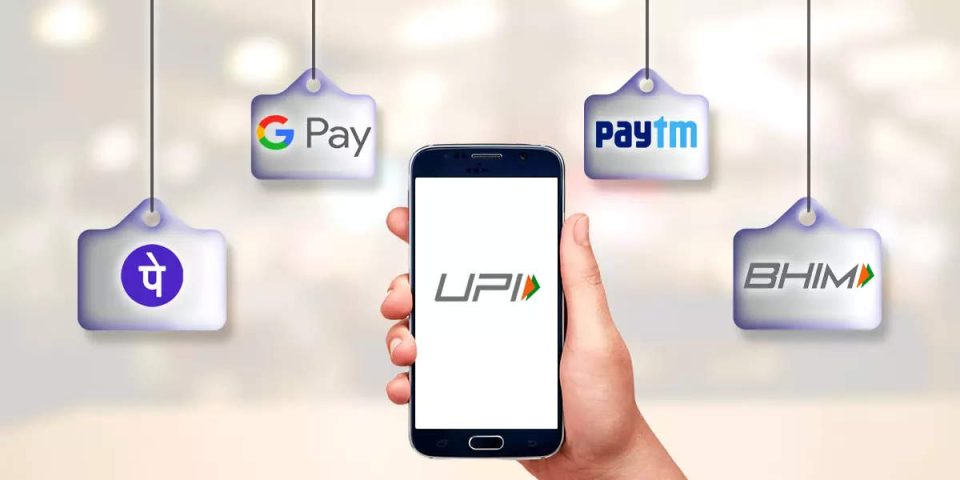On Wednesday, the Reserve Bank of India (RBI) announced the introduction of single-block and multi-block debit functionality in the Unified Payments Interface (UPI). Customers can enable payment authorisation for merchants by designating a bank account from which funds will be debited when required.
According to the RBI, the feature will make payments in e-commerce and securities investments easier. It will facilitate hotel bookings, purchases of securities in secondary capital markets and government securities using the central bank’s Retail Direct scheme, e-commerce transactions, and more.
“This will increase the trust of transactions as merchants will ensure timely payments while funds will remain in customer accounts until the goods or services are actually delivered,” the RBI said.
“Customers can freeze funds in their accounts for various payments. This will help make e-payments smoother and improve the efficiency of online checkouts during e-commerce transactions,” said Rajsri Rengan, Head of Development in Banking and Payments in India and the Philippines.
UPI currently supports the authorisation of recurring transactions and single-block single-debit functions. More than 7 million autopay orders are processed monthly, and more than half of initial public offering (IPO) filings are processed using UPI’s block function.
RBI will soon issue instructions to the National Payments Corporation of India (NPCI), which runs and manages UPI, on the new features.
UPI has become one country’s most popular and preferred payment methods. UPI Person-to-Merchant (P2M) accounts for 42% of digital payment transaction volume, and UPI Person-to-Merchant, according to a Worldline report, P2P accounted for 65% of the transaction volume between July and September.
UPI processed 7.3 billion transactions worth Rs 11.90 trillion in November, according to the latest data. UPI transaction volume and value have continued to trend upward over the past two years, reflecting a broader economic recovery and increasing consumer adoption of digital payment methods for everyday transactions.




